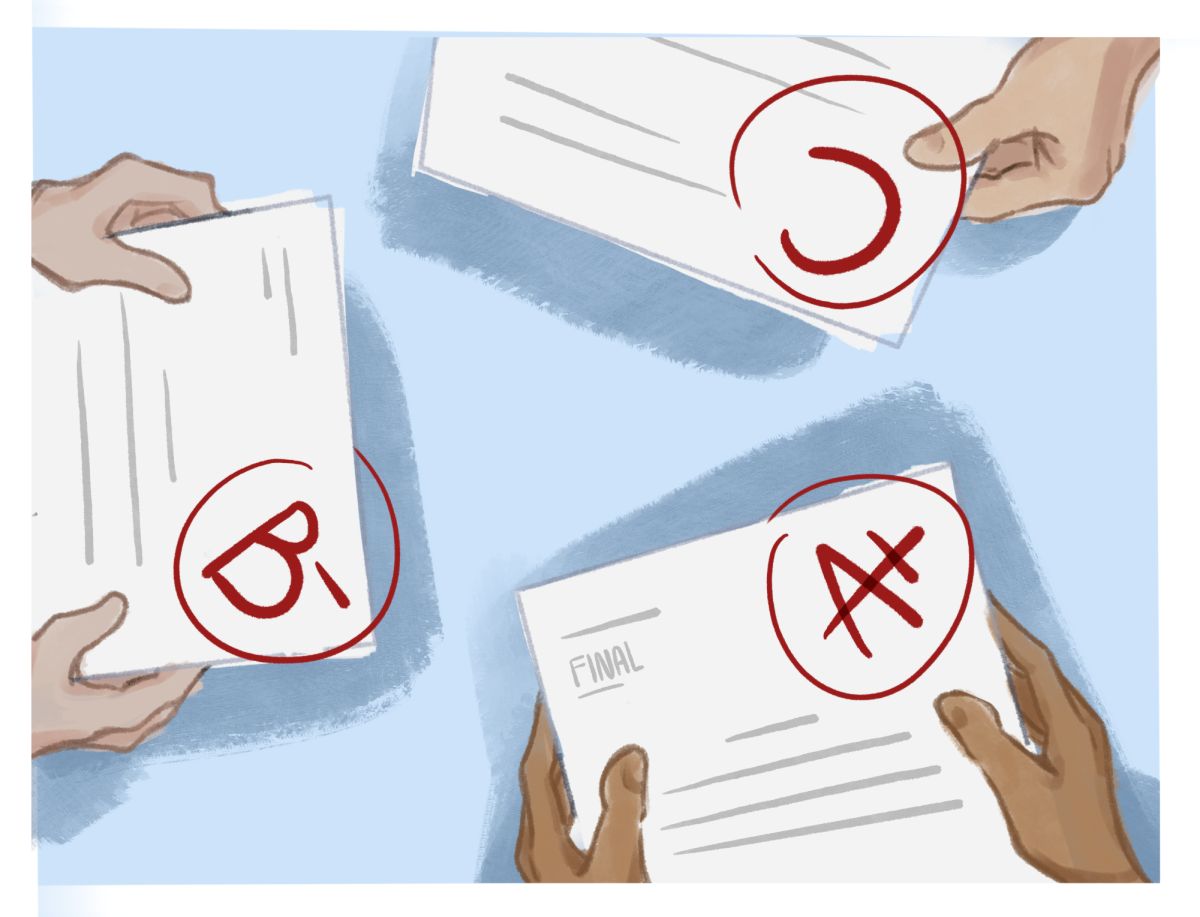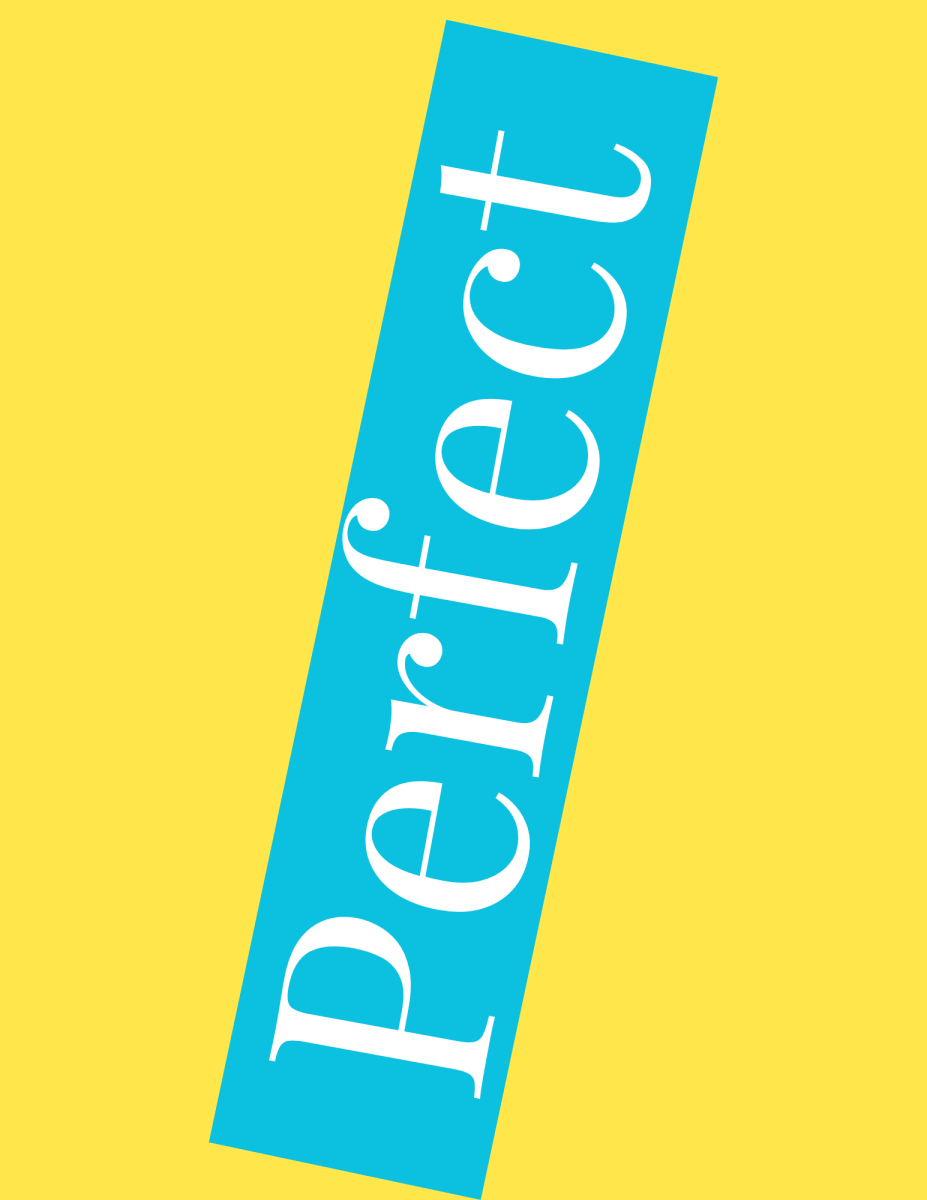The temporary ban, justified by concerns surrounding national security and alleged data sharing with foreign entities, prompted deep reflections and critical inquiries. Despite these claims, the app was banned for a mere 12 hours, casting doubt on the severity of the perceived threat. The ban left many individuals questioning whether it was a genuine response to security risks, or if it was yet another attempt at asserting government control over digital platforms.
The controversy surrounding TikTok also prompted discourse over the fundamental right of freedom of speech. TikTok initially emerged as unique for the diversity of voices and perspectives, however, the platform’s commitment to expression is not without flaws. Accusations surrounding algorithmic censorship, particularly around sensitive issues such as the Uyghur crisis in China, negative remarks made about Trump, or simple references regarding political figures, reveal the app’s limitations.
From a societal perspective, TikTok’s influence extends beyond politics. While some condemn the app for its censorship, addictive nature, and its detrimental effects on attention spans and mental health, others recognize its potential as an implement for creativity, learning, and even economic benefit. TikTok has provided countless individuals with a platform for self-expression, entrepreneurship, and bridging gaps within society.
The ban underscored society’s dependence on short-form content and proved to society that banning TikTok is simply not the appropriate solution. Once conversations about the ban surfaced, users rapidly sought alternatives like Instagram Reels, YouTube Shorts, and RedNote, highlighting that the desire for easily digestible, algorithm-driven entertainment remains pervasive.
In the end, the TikTok ban serves as a microcosm of larger debates about the balance between security, freedom, and the ethical responsibilities of technology companies. It forces us to question not only how we interact with digital platforms but also how these platforms shape our worldviews, behaviors, and societal norms. With that being said, the Editorial Staff suggests being aware. To navigate the complexities of social media use, individuals must develop a more informed and intentional approach. Be cognizant of the fact that algorithms are designed to reinforce personal bias instead of shaping a balanced perspective. Additionally, users must be mindful of their digital footprint and the personal data they share. Understanding cookie settings, data permissions, and app security measures strongly assist in mitigating risks associated with online activity. On a separate note, limiting screen time through built-in app restrictions or third-party tools, such as Opal, can promote healthier digital habits and reduce the platform’s addictive effects. Social media companies capitalize on engagement, often at the expense of users’ attention spans and mental well-being, making it crucial for individuals to take control of their consumption. Ultimately, fostering digital literacy and self-awareness empowers users to engage with social media in a way that enhances their lives rather than detracts from them.






